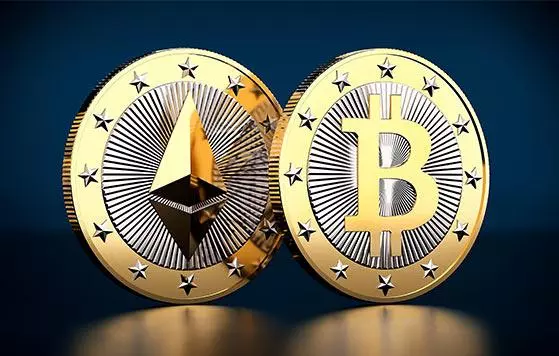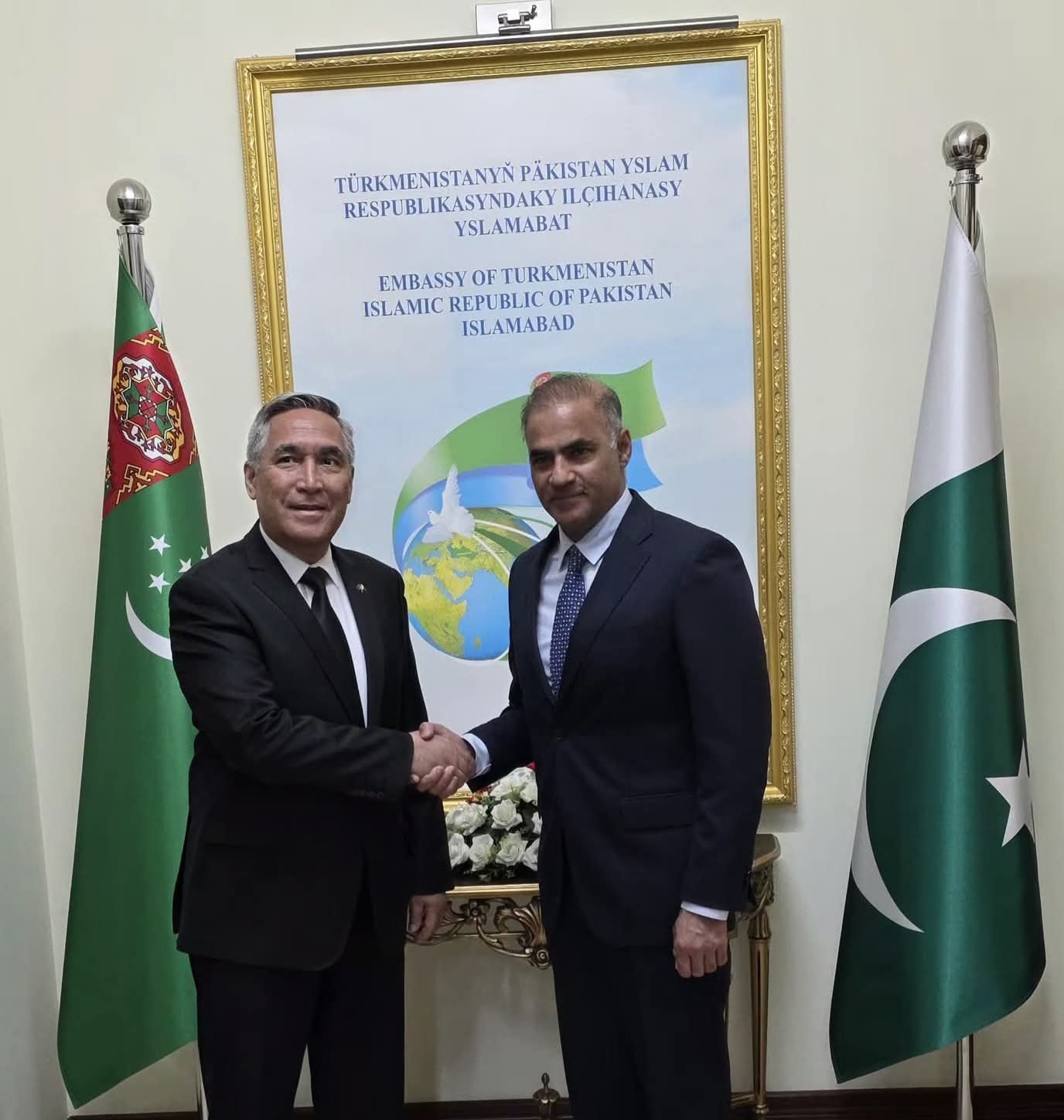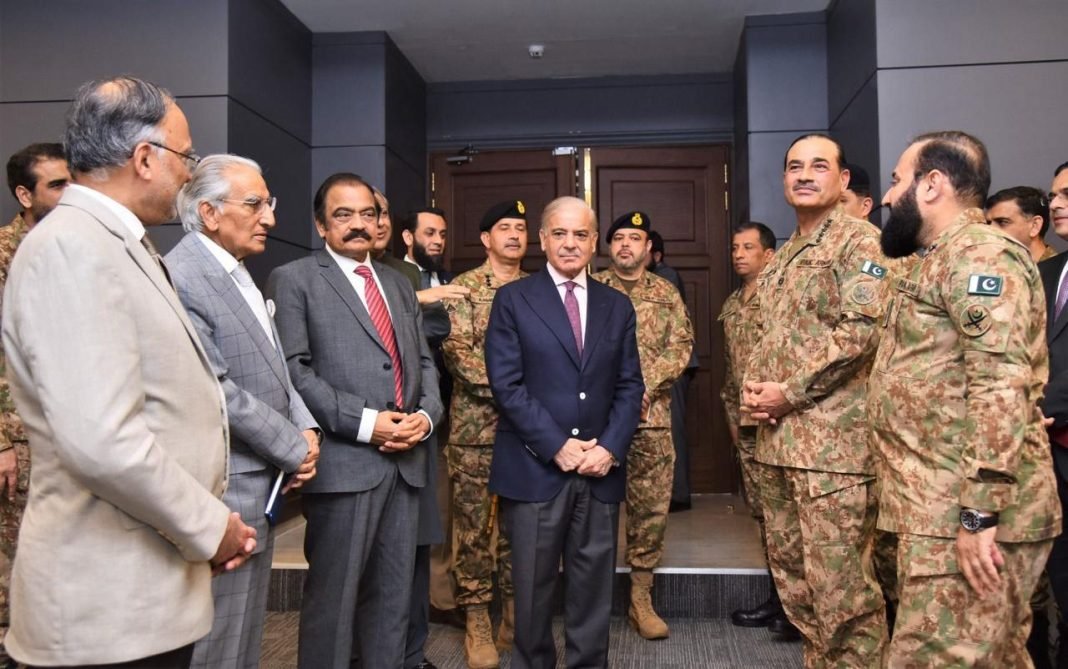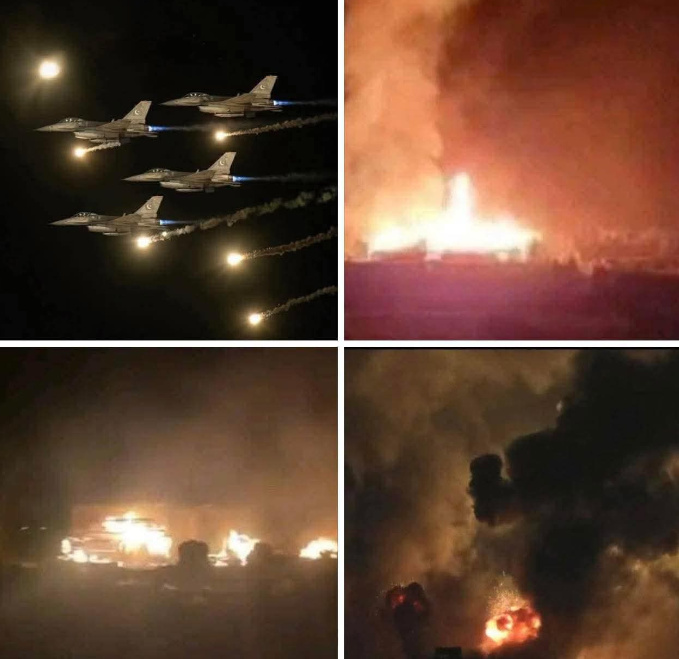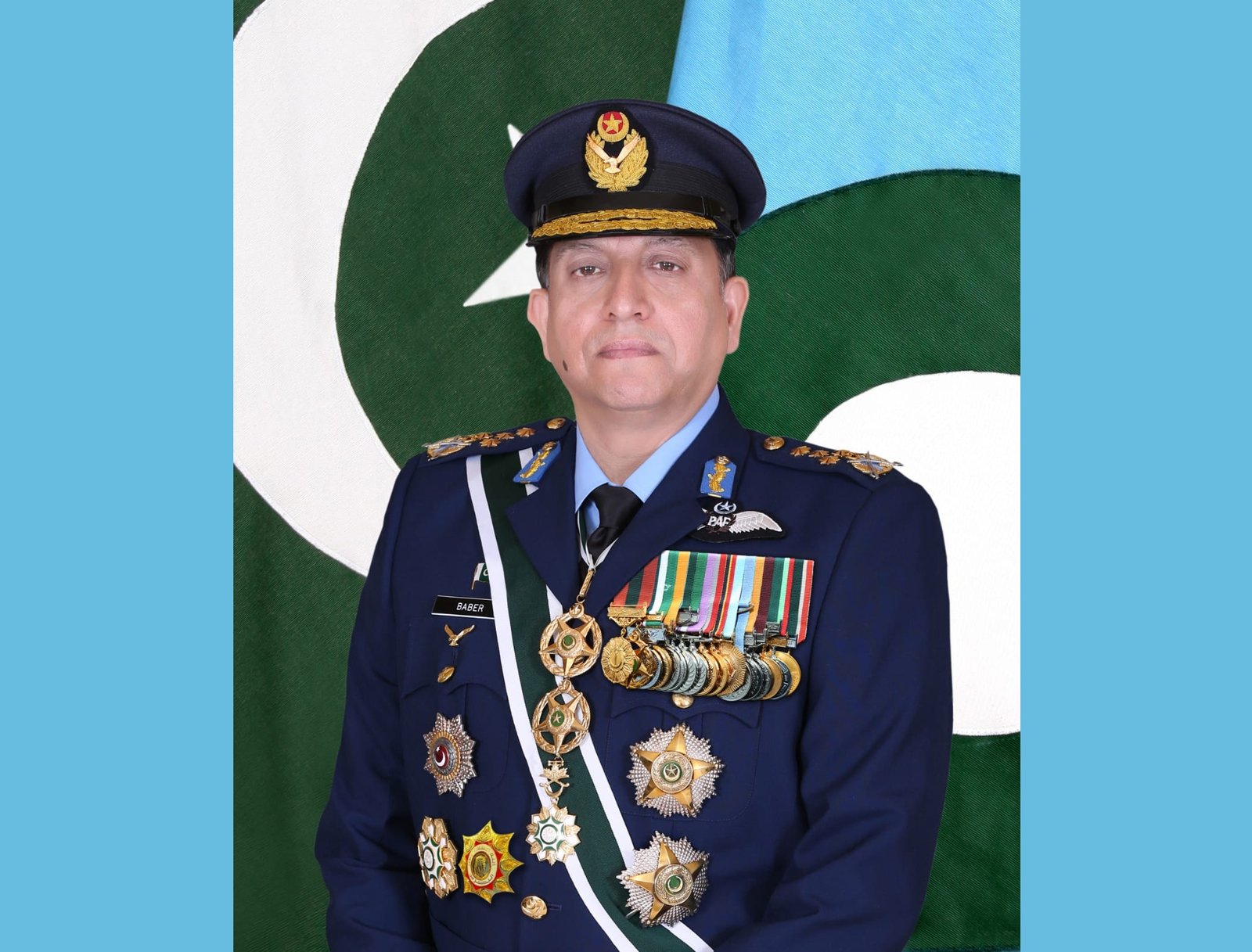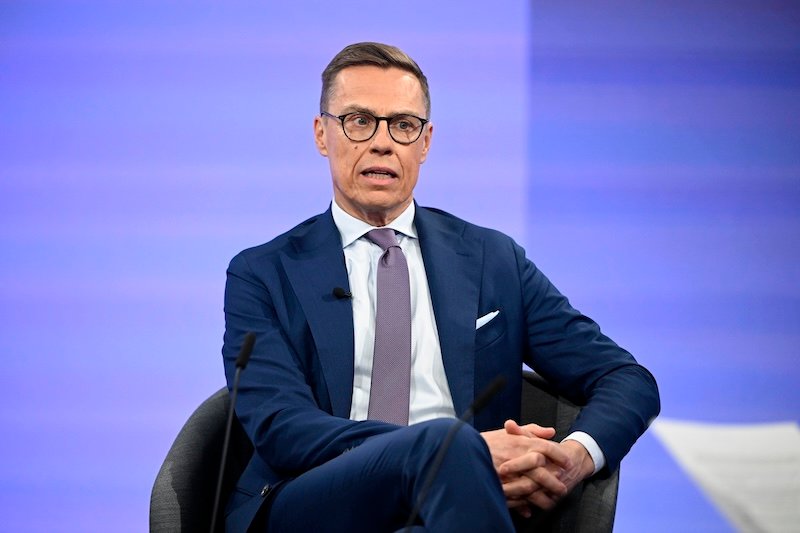Pakistan, rich in untapped natural resources, is now preparing to unlock the full potential of its mineral wealth through a major shift towards sustainable investment, policy harmonization, and international partnerships. The recent Pakistan Minerals Investment Forum 2025 (PMIF25), held in Islamabad on April 8 and 9, served as a key milestone in this transformation, drawing in over 2,000 participants, including 300 international delegates from countries such as the United States, China, Saudi Arabia, Turkey, Azerbaijan, Denmark, Finland, Kenya, and the United Kingdom.
Organized by the Oil and Gas Development Company Limited (OGDCL), with strong backing from the Special Investment Facilitation Council (SIFC) and the Government of Pakistan, the two-day forum focused on positioning Pakistan as a global hub for mineral investment and emphasized creating long-term value through sustainable extraction, local value addition, and collaboration with international stakeholders.
Prime Minister Shehbaz Sharif outlined an ambitious vision to convert Pakistan’s hidden mineral treasures into a trillion-dollar economy. He emphasized the government’s full commitment to facilitating foreign and local investment, ensuring watertight security for investors, and promoting transparent, sustainable, and responsible mining practices. The prime minister also called for processing and exporting semi-finished and finished products, rather than relying on raw material exports, thereby maximizing the economic benefits and creating jobs.
One of the key highlights of PMIF25 was the official launch of the National Minerals Harmonization Framework 2025, a comprehensive reform package aimed at streamlining investment policies and regulatory procedures across Pakistan’s mining ecosystem. This framework is designed to resolve long-standing issues such as overlapping jurisdiction between federal and provincial governments, inconsistent licensing regimes, and lack of investor confidence due to regulatory ambiguity. Chief of Army Staff General Syed Asim Munir also addressed the forum, reiterating the state’s commitment to providing watertight security to both local and foreign investors, and the direct involvement of top civilian and military leadership highlights the strategic importance the government places on the mineral sector as a catalyst for national transformation.
Human Capital and Technological Transfer
Prime Minister Shehbaz Sharif also stressed the need for technological transfer and skills development. He proposed that every major investment agreement should include provisions for establishing vocational training centers, thus empowering the local workforce to participate meaningfully in the mining value chain. Such an approach will not only reduce Pakistan’s reliance on foreign technical labor but also ensure long-term sustainability. The forum presented minerals as a solution for economic independence. The Prime Minister expressed optimism that tapping into the estimated $6 trillion worth of untapped mineral resources could help Pakistan reduce its external financial reliance. Additionally, the government is actively seeking value-chain investments to ensure that minerals are processed locally, increasing their market value. The forum proposed establishing mineral corridors, special economic zones (SEZs) focused on mining and metallurgy, and public-private partnerships (PPPs) for infrastructure development supporting the sector.
Global Response
The overwhelming participation of countries such as China, Russia, Saudi Arabia, and the United Kingdom indicates a strong global interest in tapping into Pakistan’s mineral potential. Investors are particularly encouraged by the government’s willingness to engage in transparent, mutually beneficial partnerships backed by legal reforms, military security, and bureaucratic facilitation through the SIFC.
With significant deposits located in sensitive regions such as Balochistan, the Karakoram Range, and the Northern Areas, the military’s involvement is seen as a crucial stabilizing force to ensure uninterrupted development and investor confidence. Pakistan’s minerals are not just a source of economic growth but are increasingly being viewed as strategic assets essential to national development and regional integration. A notable outcome was the Memorandum of Understanding (MoU) signed between Pakistan and Turkey for joint offshore exploration, marking a new chapter of bilateral economic cooperation in the mining sector. This move also highlighted Pakistan’s interest in maritime mineral exploration, an area previously underexplored but potentially lucrative.
Among the projects discussed, Reko Diq remained a focal point. With estimated gold and copper reserves valued in the hundreds of billions of dollars, Reko Diq is poised to become one of the largest mining ventures in the world. The project, currently being developed in collaboration with Barrick Gold, reflects Pakistan’s aspirations to develop flagship projects that attract international attention and catalyze sectoral growth. Minister for Energy (Petroleum Division) Ali Pervaiz Malik and Minister for Commerce Jam Kamal Khan reiterated the government’s commitment to providing a level playing field and eliminating red tape for both local and foreign investors.
Opportunities for Regional Countries
Pakistan’s mineral wealth is not only a national asset but also holds profound regional significance. Located at the intersection of Central Asia, South Asia, and the Middle East, Pakistan is strategically positioned to serve as a regional hub for mineral processing and trade. Countries like Azerbaijan, Turkey, and Central Asian republics are looking at Pakistan as a transit hub and future partner in joint mineral exploration and processing. With the China-Pakistan Economic Corridor (CPEC) providing logistical support and Gwadar Port becoming increasingly operational, Pakistan is set to become a regional center for raw material supply chains. Such regional integration, driven by minerals and infrastructure, will not only stabilize Pakistan’s economy but also support regional connectivity among regional stakeholders.
The Pakistan Minerals Investment Forum 2025 marked the beginning of a new chapter for Pakistan’s economic strategy that revolves around sustainability, self-reliance, regional integration, and global collaboration. With policy reforms, investor-friendly frameworks, and a renewed diplomatic outreach, Pakistan is not just offering mineral deposits but a complete ecosystem for value-driven partnerships. If the momentum generated at PMIF25 is sustained, Pakistan could very well transform its resources into a resource opportunity.

Deputy Director, Pakistan Research Center for a Community with Shared Future (PRCCSF), Islamabad and an International Relations expert with specialty on Eurasian Region.

